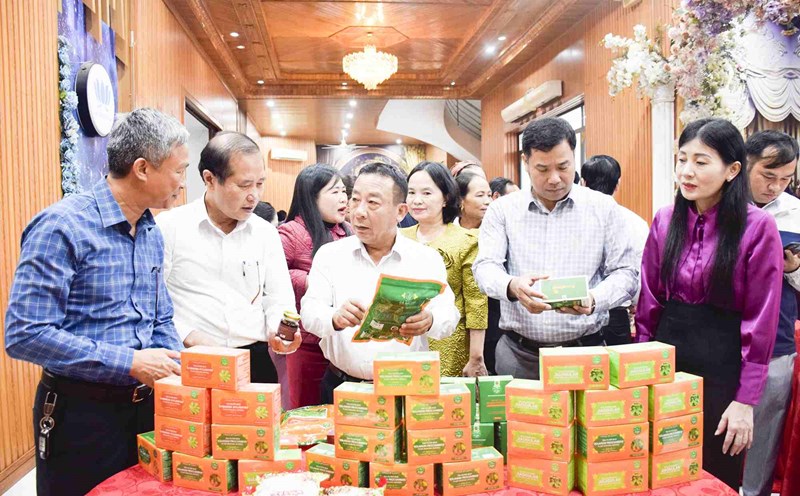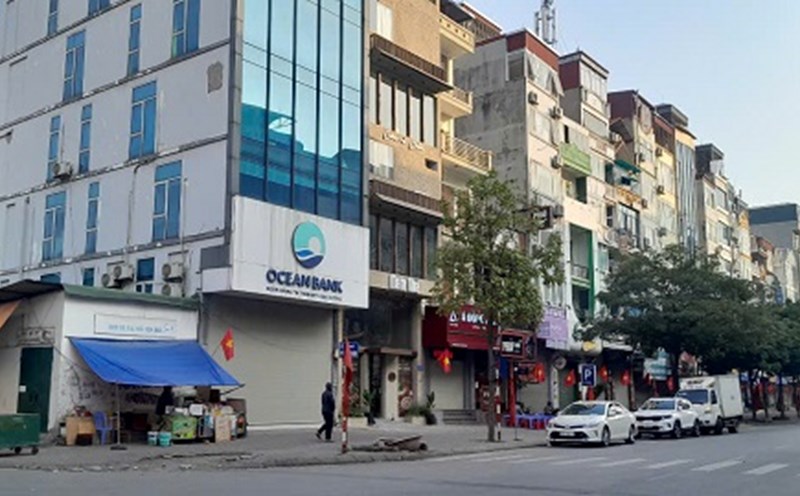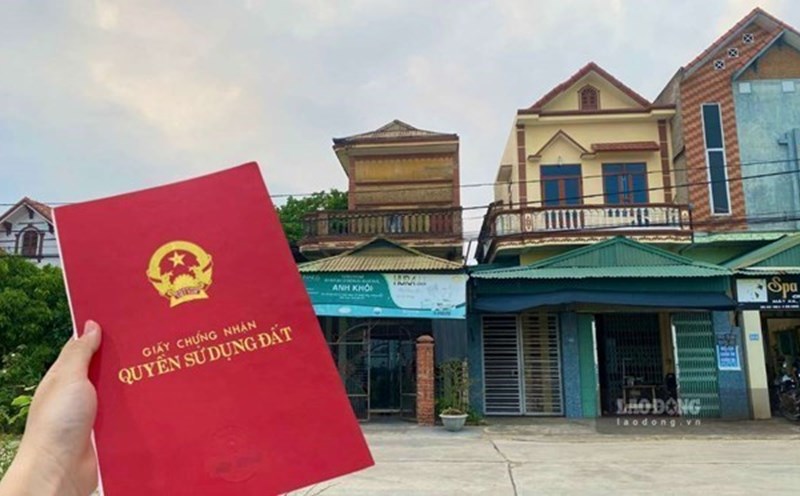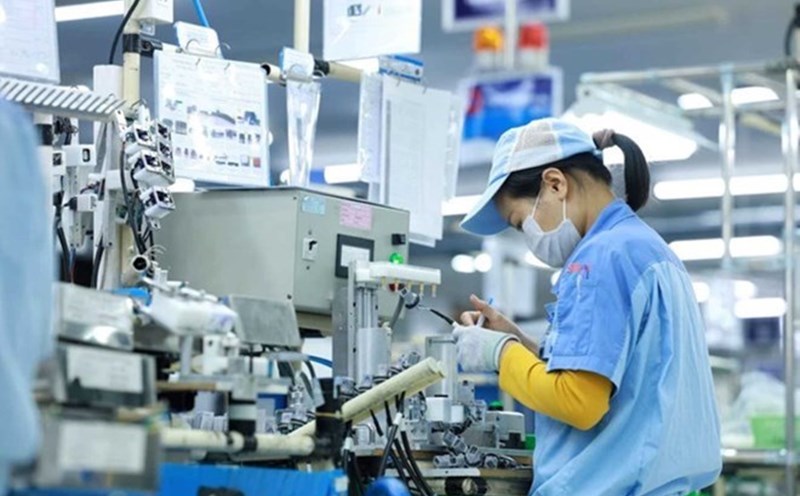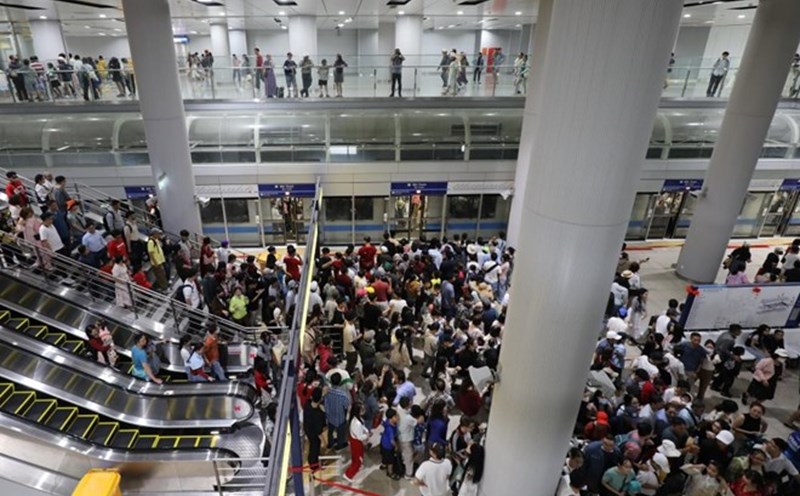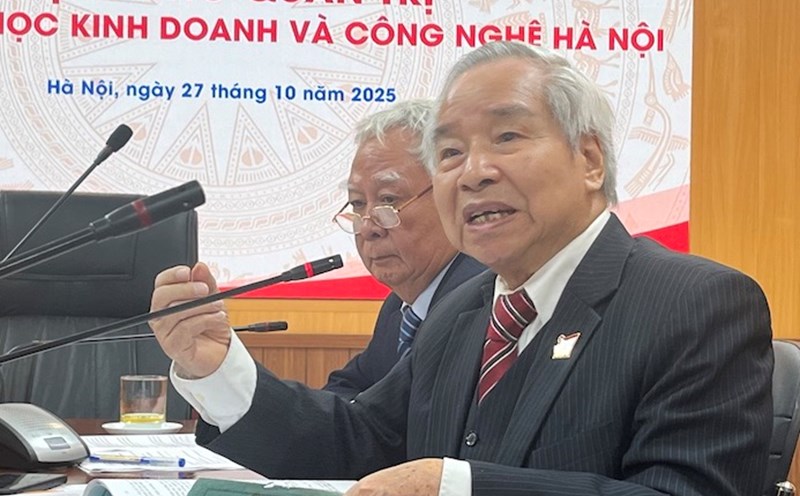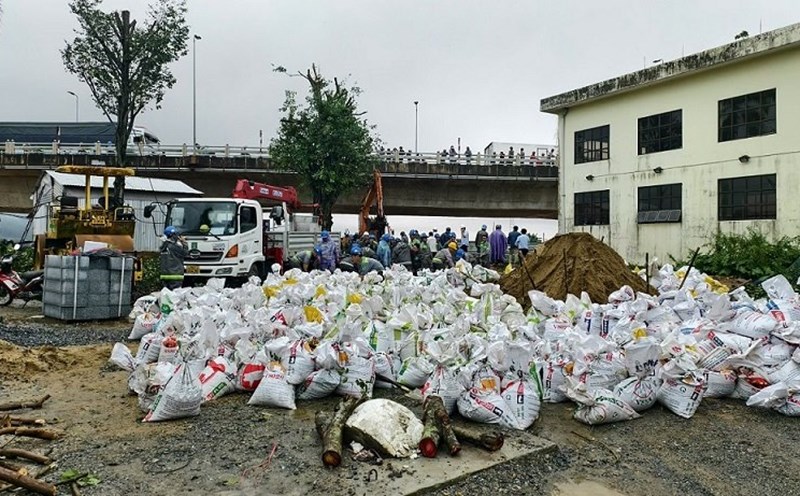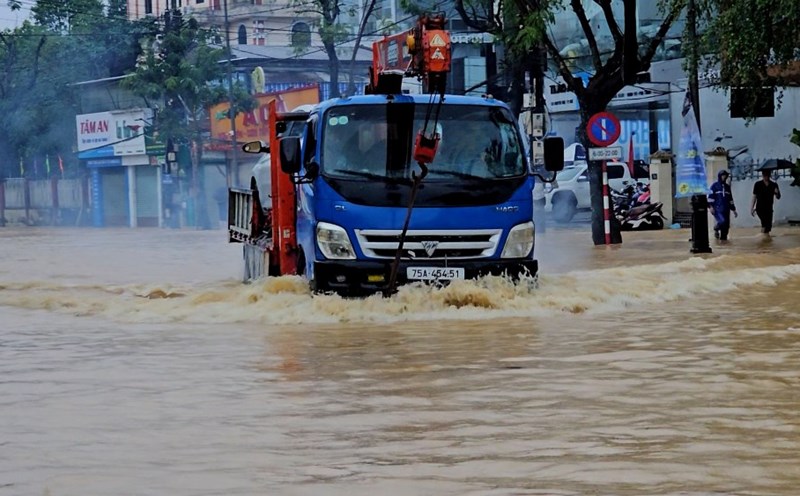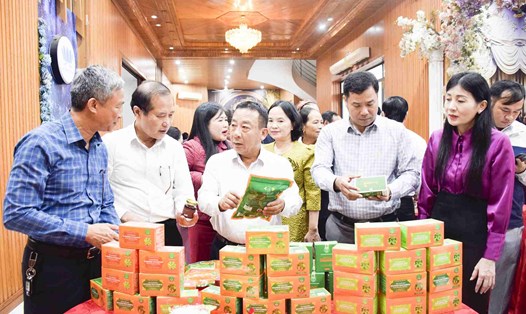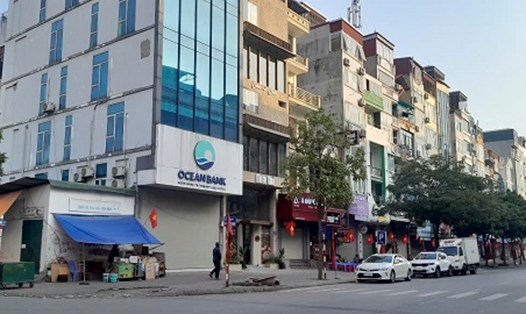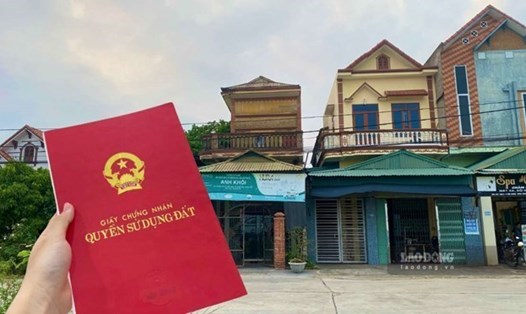Implementing the Project on sustainable development of 1 million hectares of high-quality, low-emission rice associated with green growth in the Mekong Delta by 2030, cooperatives are affirming their key role in organizing production, linking chains and converting farming methods towards green, sustainability.
Mr. Le Van Dung, Deputy Director of the Agricultural Extension Center of An Giang province, said - in the summer-autumn crop of 2025, the model of deploying 50 hectares at Thanh Xuan Agricultural Service Cooperative. The results show that production costs have decreased by more than 3.26 million VND/ha, economic efficiency is higher than 9.45 million VND/ha. The profit margin reached 130.3%, an increase of 44.9% compared to outside the model. In particular, 100% of the implementation areas apply synchronous mechanization from sowing, care to harvesting. "The most important thing is that people are instructed to follow the correct process, with the same method, instead of being forced to do it all as before," Mr. Dung emphasized.
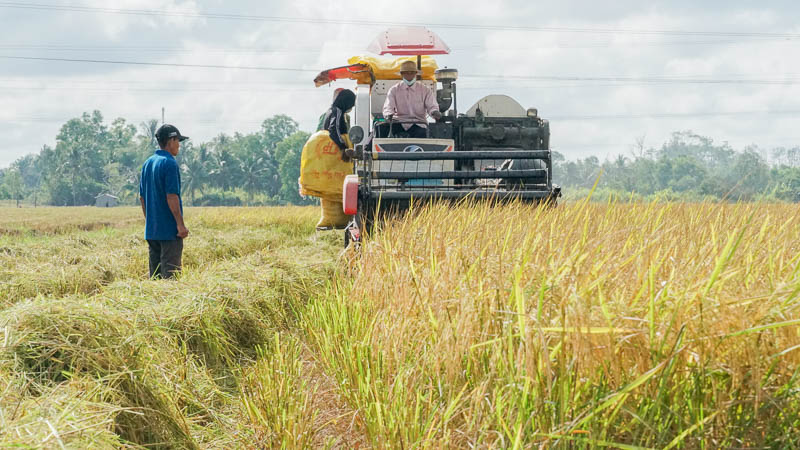
In Can Tho, many cooperatives are also becoming a pioneer in production innovation. A typical example is Nghia Thang Agricultural Cooperative in My Xuyen Ward with an environmentally friendly rice production model. This crop, farmers mainly sow ST25 seeds with certification and apply an "westerated, intermittent dry" irrigation process suitable for each growth stage of rice plants.
According to Mr. Hua Thanh Nghia, Director of the Cooperative, thanks to a reduction in fertilizer and pesticides by 20 - 30%, farming costs have decreased significantly, while the yield is still 6 - 7 tons/ha, in some places over 7.5 tons/ha. The average profit of farmers is 50 - 55 million VND/ha/crop.
"Rice prices can fluctuate, but thanks to good cost control and close consumption linkages between cooperatives and enterprises, people no longer worry about being forced to price or dependent on the market," said Mr. Nghia.
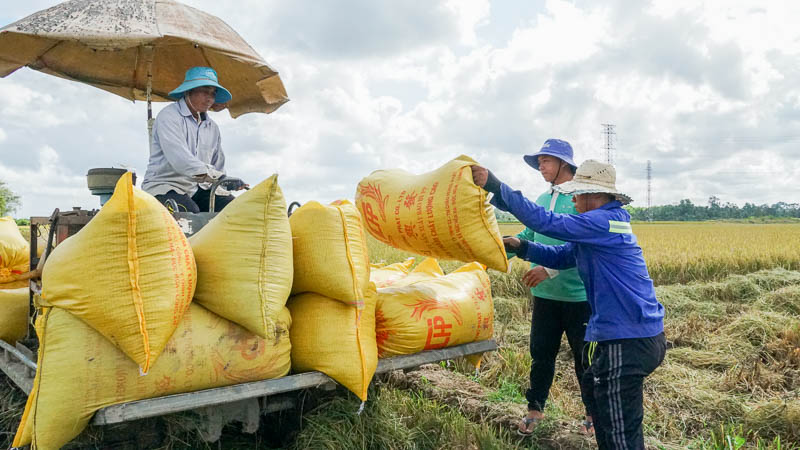
At the workshop on solutions to improve the rice value chain and protect the environment, Mr. Nguyen Van Su, Vice Chairman of the Vietnam Fatherland Front Committee of Can Tho City, Chairman of the Farmers' Association of Can Tho City, said that by mid-2025, the city had deployed more than 104,000 hectares of production according to the high-quality rice model, with the participation of 191 cooperatives and cooperatives. The results of the increase in yield were 0.3 - 0.7 tons/ha; reduced by 40 - 50% of the amount of seeds, reduced by over 30% of the amount of star fruit, reduced 2-3 times of spraying PVP, the profit increased by at least 20%, the emission of CO2/ha decreased by 2-12 tons compared to normal production.
Mr. Su said that many cooperatives and cooperative groups have proactively applied low-emission rice production processes. Production recording using electronic handbooks is increasingly popular, helping farmers shift from small-scale production to value chain linkage, meeting the requirements of a green and sustainable market.
However, according to Mr. Su, the implementation of the Project still faces many obstacles. Although the number of cooperatives participating is increasing, the stable chain linkage model is still small, the concentrated production area is not large enough to apply high-quality processes. The consumption link between businesses and farmers is not really sustainable. The capacity of cooperative management and the technical qualifications of farmers are still limited, some are still familiar with old farming practices, so the conversion efficiency is not uniform.
Mr. Su believes that the cooperative must be the coordination center while the enterprise plays the role of the core to comprehen and lead the market. Therefore, the Farmers' Association of Can Tho City will promote propaganda, transfer techniques, support the development of new-style cooperatives associated with value chains and raw material areas; at the same time, promote the building of the Can Tho rice brand towards sustainable agriculture, green economy and climate change adaptation.

